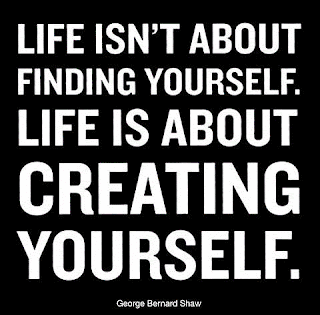We defined law as the rules of right and wrong made by the government.
We said that there were two kinds of law: public and private. Public law is concerned with matters that affect society as a whole, such as criminal law, tax law, and constitutional law. Private law (also called "civil law") deals with the relationships between individuals; those laws are insurance law, torts law, and property law.
Laws help to ensure a safe and peaceful society in which peoples rights are respected. Without laws, the world would be a place of constant chaos and there would be anarchy.
What is anarchy? Anarchy is a state of disorder due to lack of government. Anarchists believe that most people can govern themselves and would be happier doing so. Some philosophers defend anarchy as a legitimate political position.
Thomas Hobbes and John Locke were philosophers that wrote about government and theorized about what man's "state of nature" would be if there was no kind of authority. Hobbes described life in the state of nature as being "nasty, poor, brutish, and short." He believed that men are constantly at war because they cannot all have the same thing, and that the best form of government is to give all the power to one man.
Locke, on the other hand, theorized that our state of nature is a state of freedom, equality, and independence. In this state of nature one has the freedom to do whatever one wants within the boundaries of nature, that no one has power or authority over another, therefore everyone is equal, and that everyone is put into a state if independence, and they remain in it until they choose to become members of a political society. He believed that all of this would be governed by one law: the law of reason.
Even in a well-ordered society, people have disagreements, and conflicts arise; the law provides a way to resolve disputes peacefully. An essential principle is that the same law applies to everybody, including the police, governments and public officials, who must carry out their public duties according to the law.
Ever since people began to live together in society laws have been necessary to hold that society together. Imagine the chaos and danger if drivers just chose which side of the street to drive on!





















